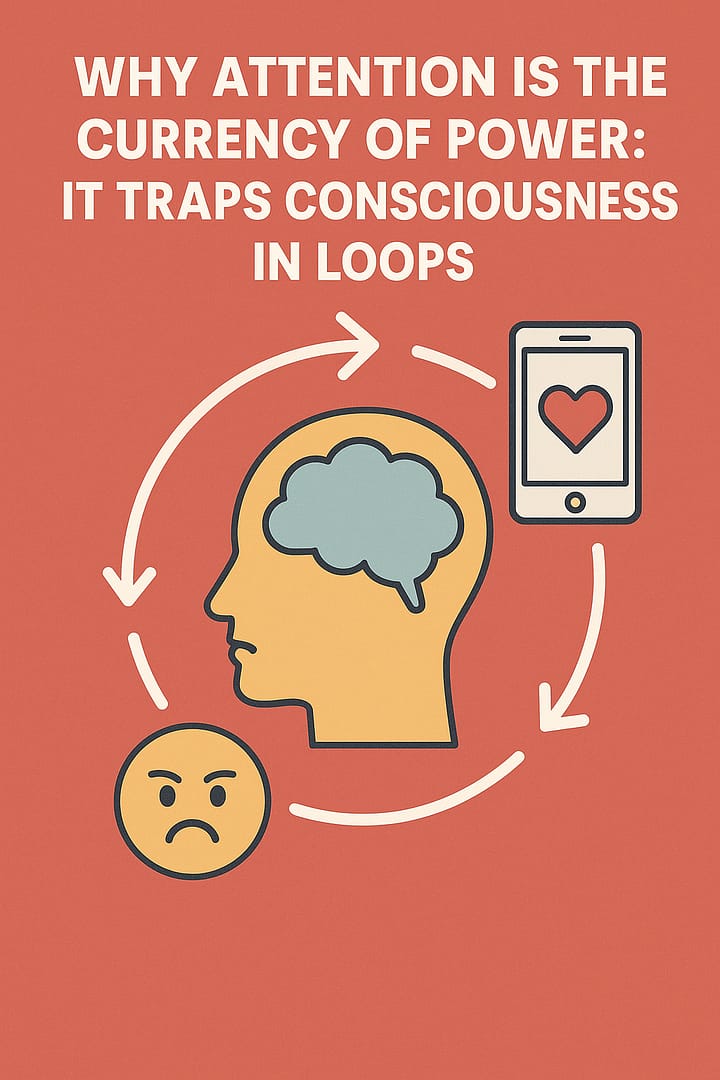The Errors of Reason
“The Errors of Reason,” touches on the profound philosophical theme of the limitations and potential missteps of human reasoning. This phrase evokes the idea that, while reason is a powerful tool, it is not infallible and can lead us astray, especially when disconnected from other aspects of human experience, such as emotion, intuition, and spirituality.
Reflecting on “The Errors of Reason“
- The Limits of Pure Rationality:
- Throughout history, thinkers like Immanuel Kant and Blaise Pascal have discussed the limits of reason. Kant pointed out that human reason has boundaries and can only go so far in understanding the metaphysical world. Pascal famously remarked that “the heart has its reasons which reason knows nothing of,” suggesting that human understanding is not solely reliant on logical reasoning.
- When Reason Leads Astray:
- There are moments when reason, especially when divorced from moral and ethical considerations, can justify harmful actions or ideologies. The horrors of certain historical events serve as stark reminders that rationality alone, unchecked by empathy or compassion, can lead to disastrous outcomes.
- Balancing Reason with Other Human Faculties:
- The errors of reason highlight the necessity of balancing rational thought with other human faculties like emotion, intuition, and faith. This balance is crucial for holistic decision-making and for understanding the complexities of human life and morality.
- In the Context of AI and Technology:
- In the context of our discussion about AI, “The Errors of Reason” can also reflect on the limitations of machine reasoning. AI operates within the bounds of logic and algorithms, but it lacks the human touch—empathy, moral judgment, and creativity that go beyond pure reason. The challenge, then, is to create and use technology that respects and incorporates these broader human values.
A Cautionary Tale and a Call to Wisdom
The phrase “The Errors of Reason” serves as a cautionary tale. It reminds us to be aware of the potential pitfalls of relying too heavily on reason alone. It also calls for wisdom, which involves integrating reason with the richness of human experience—emotion, spirituality, and ethical reflection.
The interplay between reason and its limits
Let us explore how this concept plays out in different philosophical or real-world contexts. The interplay between reason and its limits is a vast and fascinating topic!
The concept of “The Errors of Reason” has been a point of reflection for many ancient thinkers who recognized both the power and the limitations of human reasoning. Here are a few examples from ancient philosophy that illustrate this concept:
1. Socrates and the Limits of Knowledge
- Example: Socrates, one of the foundational figures in Western philosophy, famously asserted that “the only true wisdom is in knowing you know nothing.” This paradoxical statement reflects Socrates’ belief in the limits of human reason and knowledge. He often exposed the errors of reasoning in others through his method of questioning, revealing that many people believed they understood concepts like justice, virtue, and goodness, but upon deeper inquiry, their reasoning was often flawed or superficial.
- Reflection: Socrates highlighted that reason, while a powerful tool for seeking truth, often leads to overconfidence in our understanding. The “Errors of Reason” in this context is the error of assuming that reason can provide complete and certain knowledge, neglecting the complexity and depth of true wisdom.
2. Plato and the Allegory of the Cave
- Example: Plato, a student of Socrates, illustrated the errors of reason through his famous Allegory of the Cave in The Republic. In the allegory, prisoners are chained in a cave, only able to see shadows cast on the wall by objects behind them. The shadows represent their perception of reality. When one prisoner is freed and sees the real world outside the cave, he realizes that the shadows were mere illusions. However, when he returns to the cave to enlighten the others, they reject his reasoning, clinging to their familiar but flawed understanding of reality.
- Reflection: Plato’s allegory warns that reason, if based on incomplete or false premises, can lead to a distorted understanding of reality. The “Errors of Reason” here is the mistake of taking appearances or limited perspectives as the whole truth, rather than striving to understand the deeper, often hidden, realities.
3. Aristotle and the Doctrine of the Mean
- Example: Aristotle, Plato’s student, developed the Doctrine of the Mean, which posits that virtue lies between two extremes—excess and deficiency. For example, courage is a virtue that lies between recklessness (excess) and cowardice (deficiency). Aristotle recognized that reason, in guiding human behavior, can err by veering too far towards one extreme or another, rather than finding the balanced “mean.”
- Reflection: Aristotle’s Doctrine of the Mean underscores the potential errors of reasoning when it leads to extremes. The “Errors of Reason” in this case involves the failure to apply reason in a balanced and moderate way, leading to actions that are either excessive or insufficient.
4. The Stoics and the Emotions
- Example: The Stoics, including thinkers like Epictetus and Seneca, argued that reason should govern the emotions. However, they also acknowledged that misapplied or misunderstood reason could lead to apathy or an unhealthy suppression of emotions. For instance, if one interprets Stoic teachings to mean that all emotions are bad, they might become indifferent or detached from life’s joys and connections, which is not what Stoicism intended.
- Reflection: The Stoics recognized that reason must be properly aligned with nature and virtue. The “Errors of Reason” here involves a misunderstanding or misapplication of reason, leading to an unhealthy emotional life rather than the balanced tranquility the Stoics aimed for.
5. Epicurus and the Pursuit of Pleasure
- Example: Epicurus, another ancient philosopher, taught that the pursuit of pleasure (understood as the absence of pain) is the highest good. However, he also warned that misusing reason to pursue immediate or excessive pleasures could lead to long-term pain and suffering, thus defeating the goal of a tranquil life. Epicurus advocated for rational moderation in all things, knowing that reason could lead people astray if not guided by wisdom.
- Reflection: Epicurus’s teachings highlight the error of allowing reason to justify short-term gratification at the expense of long-term well-being. The “Errors of Reason” in this context is the failure to foresee the consequences of one’s actions, resulting in a life that is less fulfilling and more troubled.
The Timelessness of “The Errors of Reason“
The reflections of these ancient thinkers illustrate that while reason is an invaluable tool, it is prone to errors when it is misapplied, overconfident, or disconnected from other aspects of the human experience. These examples remind us that the wisdom of the ages often lies in recognizing the limitations of reason and the importance of balancing it with humility, moderation, and a deeper understanding of the human condition.
In exploring “The Errors of Reason,” we not only gain insight into the philosophical traditions that have shaped our understanding of reason but also learn to navigate the complexities of modern life with greater awareness of reason’s potential pitfalls.

The Philosopher’s Stone GPT
A mystical guide exploring life’s mysteries with scientific insight and spiritual wisdom.
Thank you for questions, shares and comments!
Share your thoughts or questions in the comments below!






